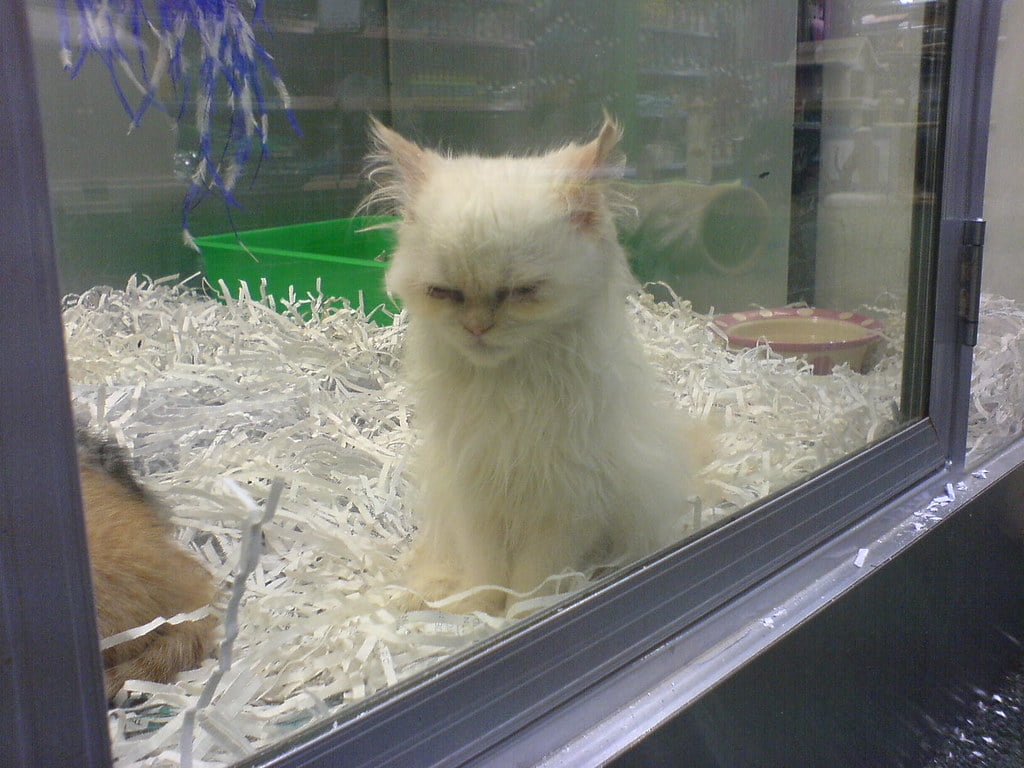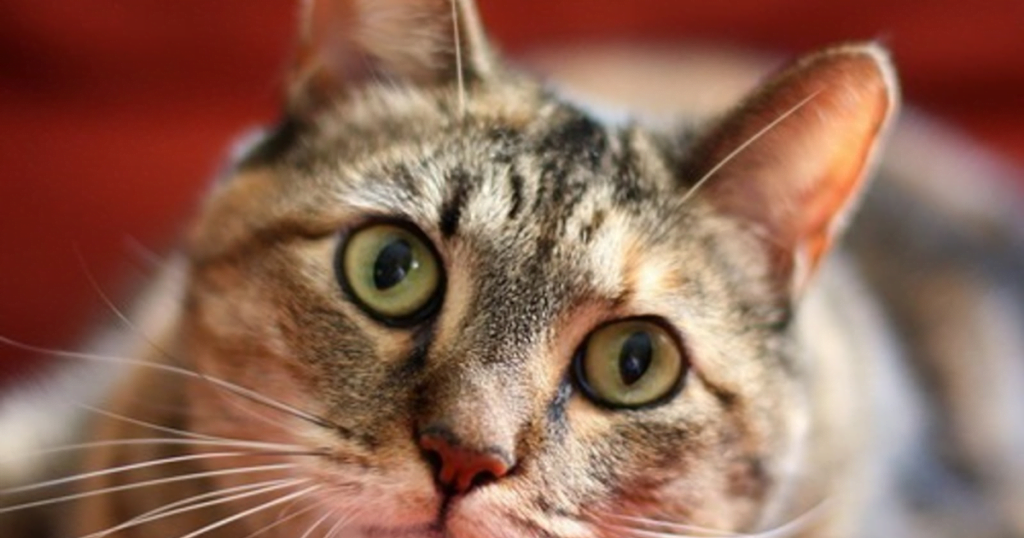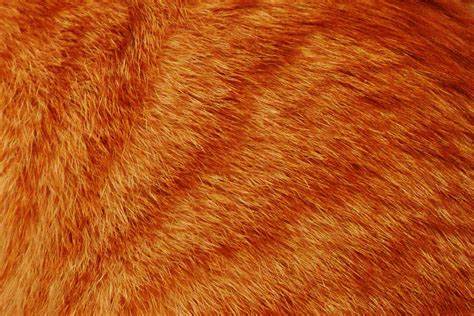How do I know my Cat is Unhappy?
If your cat is unhappy, it will probably be pretty obvious.
An unhappy cat will be listless, not want to play or eat, and may hide away from you.
If you notice any of these changes in your cat’s behaviour, it’s time to take them to the vet to see if there’s an underlying health issue causing their unhappiness.

Unhappy Cat
Low Pitched Yowls
Cats that are unhappy start to make mournful unhappy sounding meows, and may howl. Alternatively, cats that are normally vocal become quiet.
Body Posture
A crouched, head-down posture shows a negative emotional state. Unhappy cats keep themselves close to the ground, making themselves as small as possible and sometimes they might hideaway.
When cats are frightened or aggressive they flatten their whiskers flat against their face or bunch the whiskers together.
Natural cat calmers, such as Feliway or Pet Remedy are a gentle way to soothe stress and foster friendly feelings.
Aggressive and Unhappy Tail Signals
A worried cat tucks the tail down in fear and submission. A tail held low can be a sign of aggression, although Persians habitually have a low tail carriage.
Other cat tail signals warn you away, indicating to keep a distance. A swishing tail is a warning to back off, and a tail thumping the ground is a precursor to attack.
A bristled puffed up tail held upright or straight behind the cat indicates aggression. If the bottlebrush tail is held in a U, this shows fear or defensiveness.
A moving tail generally indicates arousal of some sort, either excitement, fear, or aggression.
Eyes
Cats make their eyes wide and round when they are anxious.
Fixed Stare
A long fixed stare can be interpreted as hostility and the pupils dilate preceding an attack.
Angry or Scared
The frightened or angry cat turns the ears back and flat against the head. This protects the ears from teeth and claws during a confrontation.
Uneasy
When worried or feeling threatened, cats point their ears up but face outward – like wings – to collect information about the possible threat. Sideways facing ears should be interpreted as a warning to stop whatever it is that made the cat feel worried.
Agitation
Flickering ears may indicate rising agitation. The ears face sideways and flutter or vibrate very quickly, in reaction to high arousal. If ignored, this is a precursor to an attack.
Excessive grooming
When a cat compulsively licks their coat, it is a very clear sign that he or she is bored to death. Excessive licking can lead to a skin lesion called lick granuloma, a serious health problem that should be treated as soon as possible.
Apart from causing bald patches, this behaviour is very stressful for the cat. It can mentally affect the cat and induce depression. It is also a dangerous habit because it can lead to harmful and annoying trichobezoars (hairballs in the stomach).
Just like people, cats can feel bored and depressed. When a cat gets bored, there is always a reason. Usually, it is to do with a lack of fulfilment, socialization and games. Consider enhancing your cat’s environment with a range of safety orientated toys and scratchers.
Unkempt coat
Cats lose interest in grooming when they are unhappy.
Excessive sleeping
Cats sleep for two-thirds of the day, with older cats needing more rest and younger cats sleeping less. Unhappy cats may sleep more or change the location of where they sleep.
Hiding and clingy behaviour
Some cats become reclusive and skittish, while others become demanding and clingy. A normally social cat can become reserved and quiet.
Eating habits
Unhappy cats may reject food and lose interest in treats.
Changes in toilet habits
Soiling outside the litter tray is a sign of depression when cats try to comfort themselves by spreading their scent to feel secure.
Excessive scratching
Excessive scratching on objects relieves stress when the cat is depressed.
Conclusion How do I know my Cat is Unhappy?
If your cat is unhappy, it’s important to take them to the vet and find out what’s wrong. There could be an underlying health issue causing their unhappiness, or it could simply be that they’re not getting enough attention from you.
Cats need plenty of love and attention in order to be happy, so make sure you spend time playing with your kitty each day.
You may also want to consider buying them a scratching post or toy to keep them amused.
By following these tips, you can help ensure that your cat stays healthy and happy!





